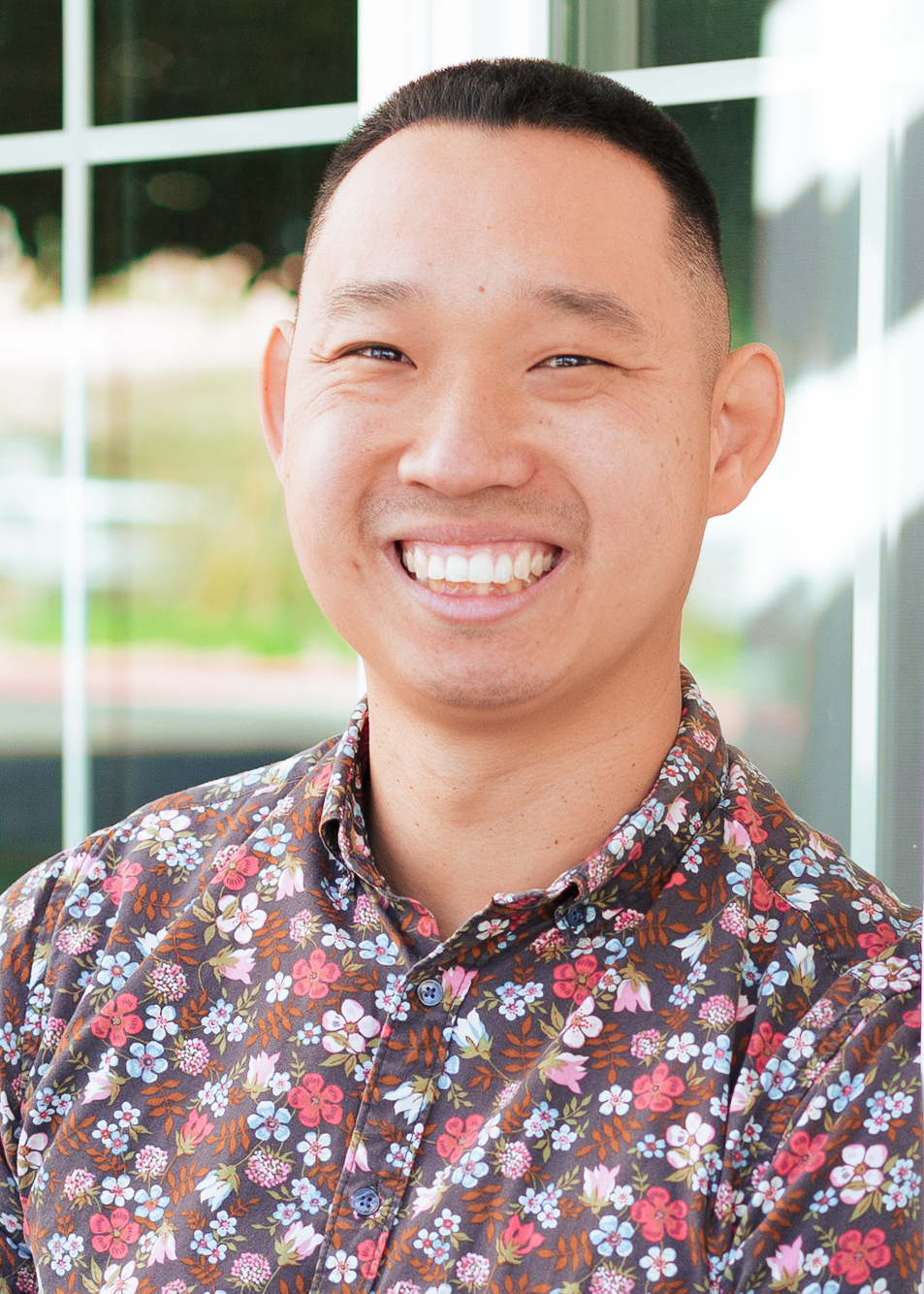Trauma Therapy
“Trauma isn’t what happens to you – it’s what happens within you without an empathetic witness.”
– Chuck DeGroat
How the Process Works
We start with assessing your symptoms and needs so that we can create a map together that makes sense for you. Trauma can impact our whole beings (physical, mental, emotional, relational, spiritual) – so you want therapy that addresses you as a whole person too.
Common symptoms of trauma:
– Intrusive thoughts or flashbacks of the traumatic event
– Avoiding people, places, or activities associated with the trauma
– Emotional numbness or detachment
– Headaches, stomachaches, or other physical pain
Step 1: Assess
This consult and intake process will reflect where you are in your healing and we will take the time to create your treatment map together. We will take time to assess your symptoms and collaborate on a plan that captures what you want when you are done.
Step 2: Resource
Moving through pain doesn’t mean white-knuckling it until you overcome. Trauma therapy requires specialized training and care that includes plenty of resourcing. Your mind and body won’t process the pain without knowing it is safe in the present moment. Our focus will begin with developing plenty of “resources”. Resources are things, feelings, thoughts, people, and places (real or imagined) that bring us a feeling of calm, relief, strength, connection or confidence.

Step 3: Process
Research has confirmed what many people have known for generations – trauma is stored in the body, not the mind. In order to heal trauma (acute or complex) requires specific training and interventions that target your body! This might seem unfamiliar or even scary, but it is the path towards relief and healing – so you can get your life and yourself back.
Types of therapy we offer at The Well that will target trauma: EMDR, Sand Tray Play, Sensorimotor Art Therapy (clayfield and guided drawing), Internal Family Systems (IFS), Psychodrama, and somatic resourcing.
Important Things to Consider when starting trauma therapy:
1.
Your therapist has specialized training in treating trauma.
2.
You feel safe and at ease with your therapist.
3.
You are given lots of options along the way.
Schedule a Free Consultation
We would love to connect first and find out what your needs are! When it comes to therapy…it really matters that you find the right fit! We have a team of highly trained and warm, down to earth, creative therapists. If we aren’t the right fit, we will help you find resources to take the next step. Reach out here and we will get you started.
If you are experiencing an emergency:
Call 1-800-273-TALK (8255) to reach a 24-hour crisis center, text MHA to 741741, call 911, or go to the nearest emergency room.
Hours & Location:
37 N Hibbert | Mesa, AZ 85201
Mon – Sat | 7am – 8pm
**Telehealth options for those located in Arizona.









